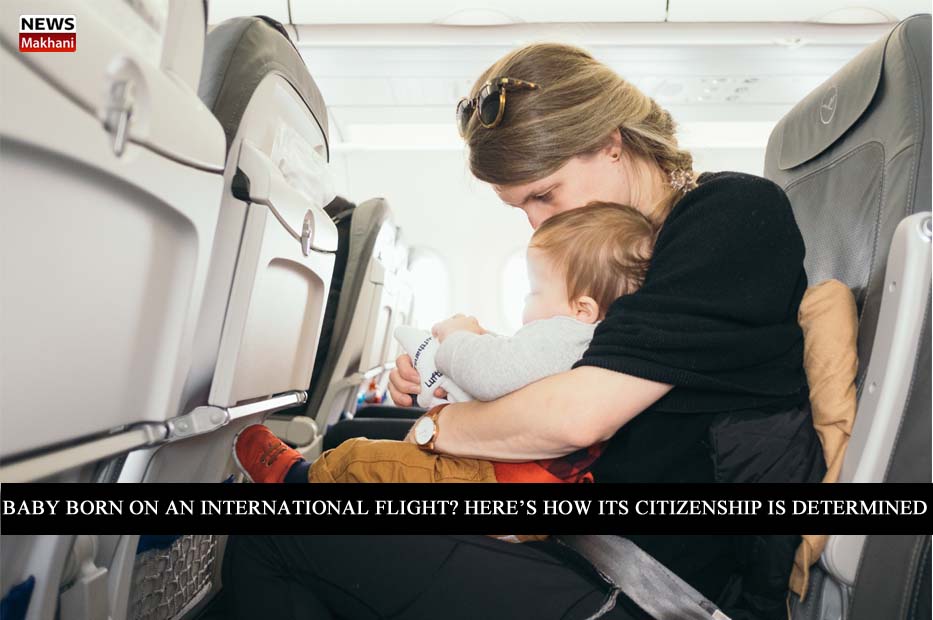It’s quite a standard clinical guidance: a pregnant woman shouldn’t travel by means of airplane 36 weeks or later into her pregnancy. Notwithstanding that insurance, beloved newborn may in any case add a sudden extra traveler to the flight. As though conceiving an offspring at 40,000 feet wasn’t at that point a distressing encounter for a mother, things can get much more furious after landing: Depending on the subtleties encompassing the birth, her infant’s citizenship could be questionable.
There is no all-inclusive guideline for how a nation decides the citizenship of an infant. A few nations simply follow the jus sanguinis (right of blood) law, which implies a baby’s nationality is dictated by that of one or the two guardians. Others notice jus soli (right of the soil), where a nation awards citizenship to a baby that is basically conceived on its soil, paying little heed to the guardians’ cause. These nations are generally in the Americas and incorporate the United States and Canada. Also, with the development of air travel, these laws needed to stretch out to the sky too.
This equivalent straightforwardness doesn’t reach out to a jus sanguinis nation, however. This implies an American mother can’t accomplish French citizenship for her baby since she conceived an offspring over French airspace. The baby would just acquire the parent’s U.S. citizenship, since the United States additionally for the most part follows jus sanguinis when a baby is destined to U.S. residents in a far-off nation.
On the off chance that the youngster might be stateless, for example, when a mother herself has no official citizenship and the baby is conceived in international airspace—the baby would probably take the citizenship of whatever nation the plane itself is enlisted in, as per the United Nations’ Convention on the Reduction of Statelessness Agreement.
In spite of all these unpredictable laws, mid-flight births are really uncommon—so uncommon, that most aircrafts don’t monitor the quantity of children conceived in air. An expecting mother likely wouldn’t have the option to get onto a trip in any case, since numerous carriers have a rule that deny ladies from flying after they’ve arrived at a specific point in their pregnancy.

 हिंदी
हिंदी






